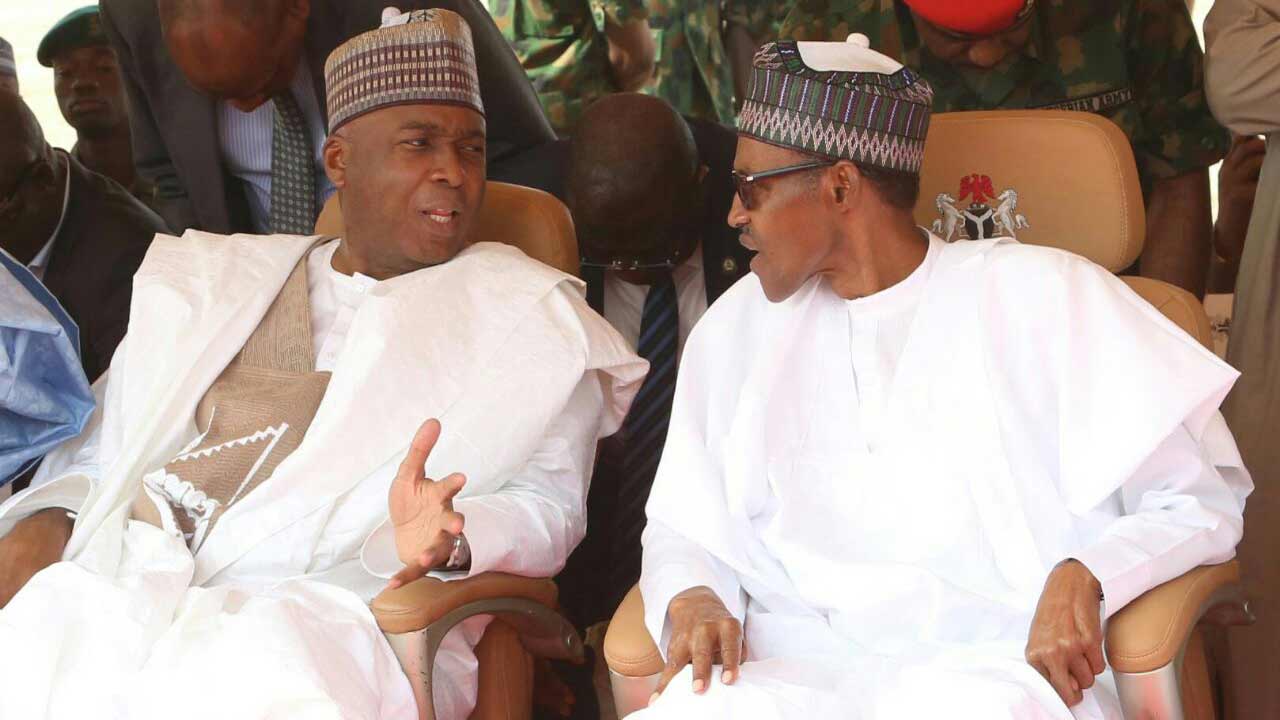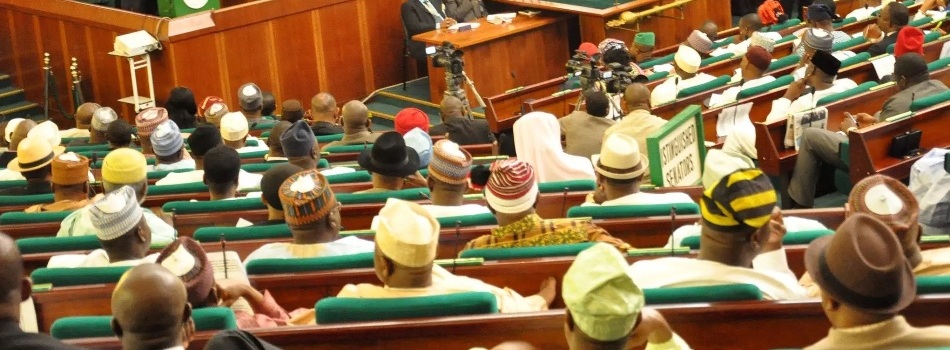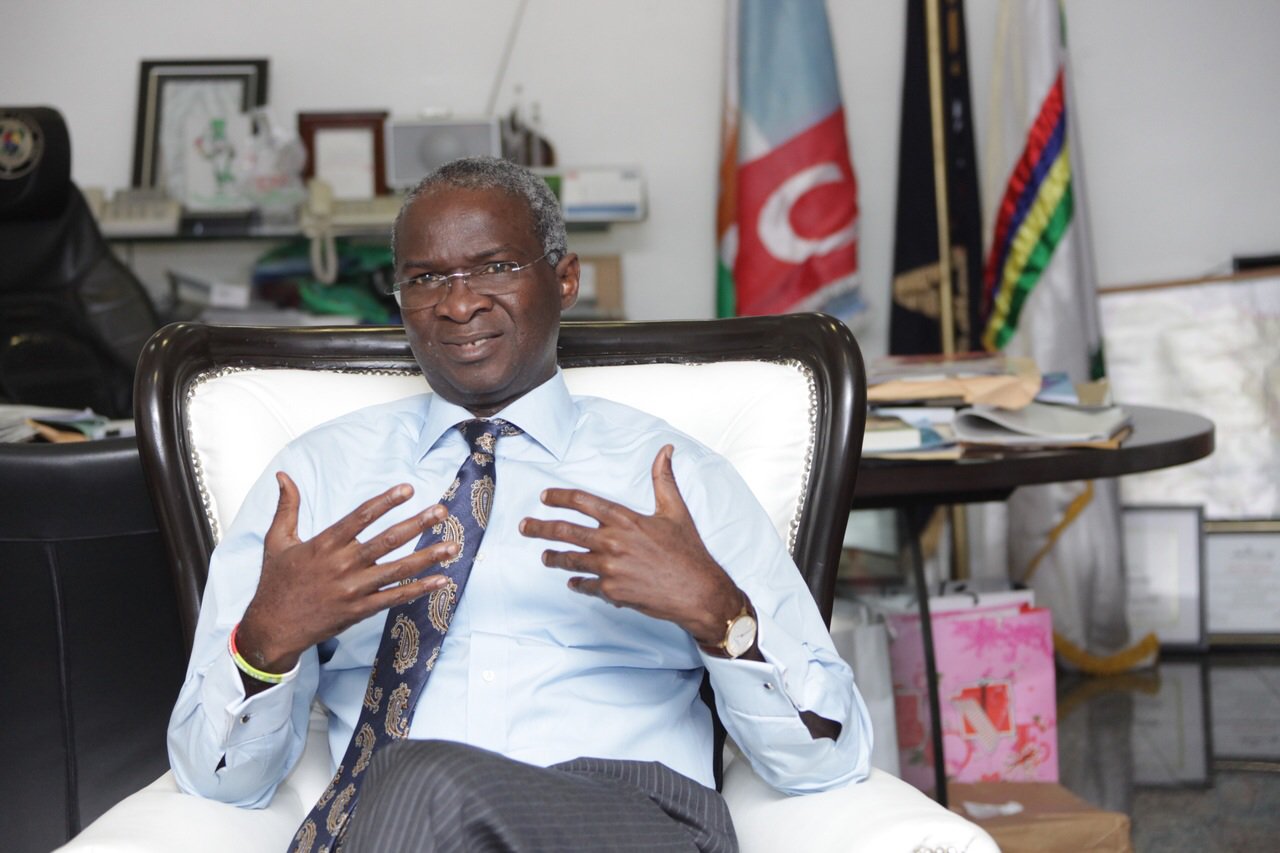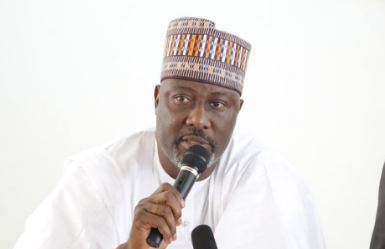Senate President, Dr. Bukola Saraki has said that presidential assent was an unnecessary addition to the process of Constitutional amendment.
Saraki told the News Agency of Nigeria, NAN, in Abuja that it was with that conviction that the Senate approved the removal of presidential assent to an amended constitution.
TheNewsGuru.com reports that 92 senators, more than the required four-fifths, had earlier voted to remove the presidential assent.
However, the proposal did not scale through at the House of Representatives, implying the presidential assent will not be expunged in the ongoing constitution review.
TheNewsGuru.com recalls that the 7th Assembly had in 2015, while reviewing the 1999 Constitution, approved the removal of presidential assent from the process of the amendment.
But, the then president, Goodluck Jonathan, refused assent to the amendment because of the removal of the clause contained in Section 9 of the 1999 Constitution.
Jonathan had insisted that the amendment would have been valid if supported by votes of not less than the four-fifth majority of all the members of each chamber of the National Assembly.
In addition, he said that it also ought to have been approved by a resolution of the House of Assembly of not less than two-thirds of all the states as provided by Section 9 (3) of the 1999 Constitution.
However, Saraki said that going by the process of amending the Constitution, the final decision of federal and state legislatures should be seen as the decision of the people.
“Well, to me, if two-thirds of the National Assembly agrees to something and two-thirds of the state assemblies also agree, in my view, the President should accept that as the wish of the people.
“Does he really need to assent? Personally, I don’t think so; that is my personal view, because with two-third of National Assembly, two-third of states’ assemblies, the people have spoken,” he said.
Saraki added that the Senate would follow up on the amendment process in the states to ensure that there was wide consultation and sensitisation.





